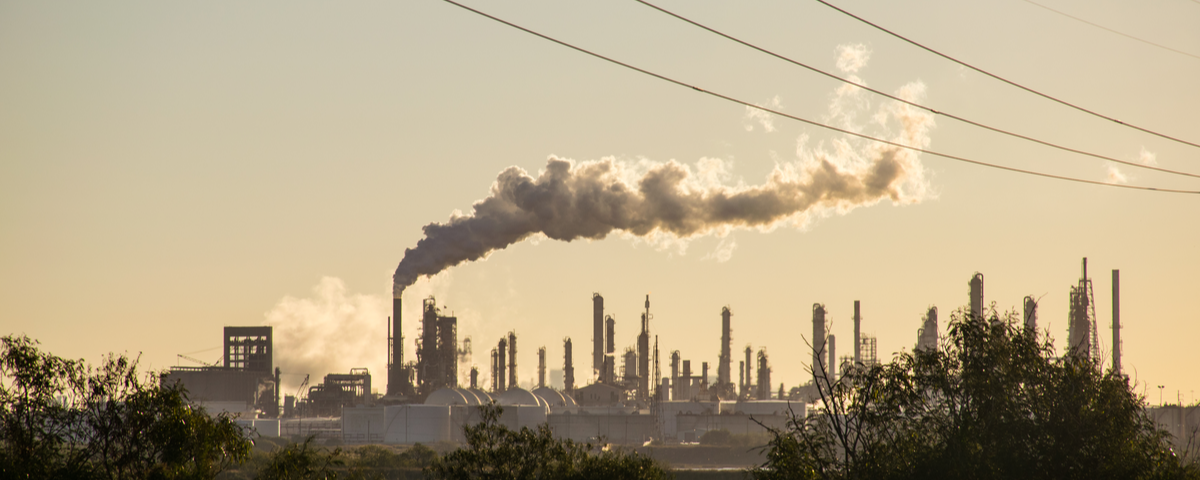Governments around the world have moved centre stage in addressing the pandemic. Governments are investing in new plants to make the vaccines and removing many liberties in liberal democracies generating an anti-vax libertarian backlash fuelled by conspiracy theories strong enough in the US to result in the storming of the Capitol. All this to tackle a real and present danger of illness, hospitalisation and death. The impact on the travel and tourism industry has been crippling. Restrictions may be lifted to permit some domestic tourism. However, the emergence of new more infectious and damaging strains of COVID-19 may bring the re-imposition of travel restrictions at short notice. Where regulations are imposed on international travel, this may result in forced quarantine while abroad or on return. This risk is a significant deterrent to international travel.
The good news is that governments have taken responsibility for tackling COVID, understanding that the urgency, scale and complexity of the problem mean that it cannot be left to the market. The competence of governments has been tested, and many have been found wanting. The challenge of climate change is also characterised by scale and complexity. But, it is not seen as a clear and present danger; it is not seen as urgent. Scientists and economists have been telling us for years that there is a growing problem and that the later we address it, the more difficult and costly it will be.
As Bill Gates points out, we only need to remember two numbers zero and fifty-one billion. Fifty-one billion is how many tonnes of greenhouse gases the world typically adds to the atmosphere each year, and those gases accumulate. We need to reduce greenhouse gas emissions now. Gates points out that by comparison ending the pandemic is ‘very, very easy’.
Gates has become something of a bogeyman for coronavirus conspiracy theorists, accused of concocting the virus in a secret laboratory as part of a global elites project to depopulate the world and of using vaccinations to implant microchips in people to track and control them. Incredibly there are many who regard coronavirus as a hoax even as hospitals fill and deaths rise. It is likely that as government action to tackle climate change impacts on peoples’ lives, as it surely must, it will be dismissed as it has been by Trump as ‘mythical’, ‘non-existent’, or ‘an expensive hoax’. Skeptical Science maintains a list of climate change myths, currently standing at 198, along with a rebuttal.
Climate change and Coronavirus have one major thing in common – the behaviour of each of us, as individuals and businesses, adds to the problem, not just for ourselves but also for others. We are encouraged to wear masks and socially distance to protect others and to protect our health services. This to protect those we come into contact with, in our daily lives, friends, relatives, neighbours and fellow citizens.
Climate change requires that we emit fewer greenhouse gases, which will have negative impacts on our daily lives, just as addressing COVID has, and the longer we delay, the greater the impacts will be on our freedoms and our standard of living. And many of us are not experiencing the negative impacts of climate change; it is a problem even easier to deny. Denial is the cheapest solution. As the graphic in last week’s blog shows, climate change is impacting the US but climate deniers are strong there. As Gates points out “Right now, you don’t see the pain you’re causing as you emit carbon dioxide”. Many of us won’t see the pain until very late in the day – perhaps too late.
One thing is for sure; there will be no quick, painless fix on climate change. There may be one for Coronavirus. The latest edition of Nature carries a paper on variant-proof vaccines calling for investment in stockpiling broadly effective vaccines, scientifically possible but requiring major investment. Now that would be a game changer. As long as COVID-19 is in circulation and able to mutate the risk remains. We shall not be safe until we all are. As nationalism emerges again, we need a much more internationalist response.


